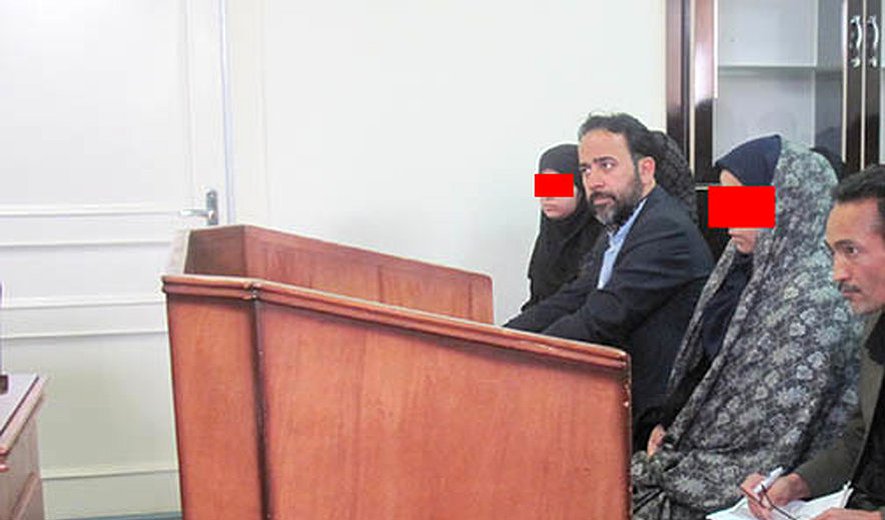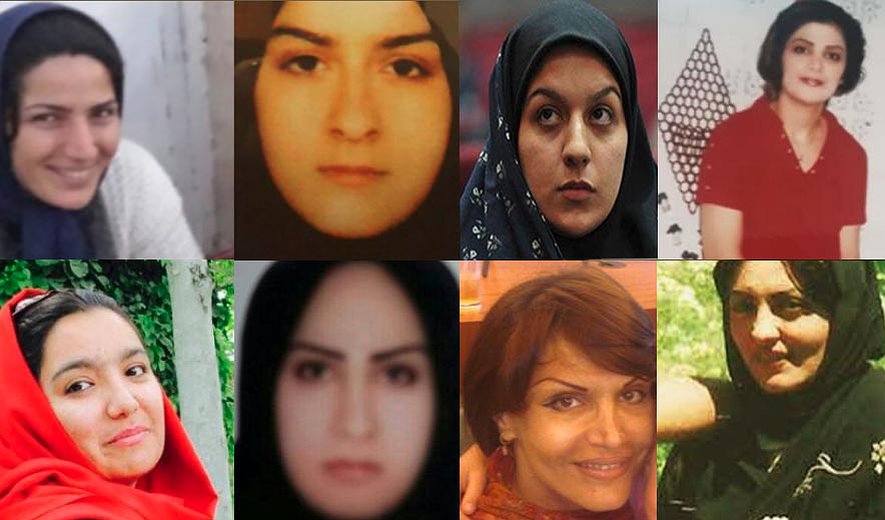URGENT: Child Bride Samira Sabzian Scheduled to be Executed Tomorrow

Iran Human Rights (IHRNGO); December 12, 2023: Child Bride Samira Sabzian who was sentenced to qisas (retribution-in-kind) for the murder of her husband, is scheduled to be executed on Wednesday, 13th of December. Her two children visited her in prison for the first time to bid goodbye and she has now been transferred to solitary confinement in Qarchak Prison.
Iran Human Rights calls on the international community to do everything in their power to save Samira’s life.
Director, Mahmood Amiry-Moghaddam said: “Samira, like many other women on death row, has been a victim of the gender apartheid system in the Islamic Republic. At this stage, only strong international reactions can save her life. We urge all countries with diplomatic relations with the Islamic Republic to demand a halt to Samira’s execution before it's too late.”
According to information obtained by Iran Human Rights, a woman named Samira Sabzian who has been transferred to solitary confinement in Qarchak Prison in Varamin (Tehran Province) is scheduled to be executed on Wednesday, 13 December 2023. Samira was 15 years old when she was married and she had two children the oldest 7 years and the youngest six months old when she was imprisoned nearly 10 years ago. Per informed IHRNGO sources, to obtain the forgiveness of her husband’s family, Samira had refrained from seeing her children for the ten years she spent on death row. Her final visit was the first time she had seen her children who are now aged 17 and 10 years old.
According to the Islamic Penal Code, those charged with the umbrella term of “intentional murder” are sentenced to qisas (retribution-in-kind) regardless of intent or circumstances due to a lack of grading in law. Once a defendant has been convicted, as the plaintiffs, the victim’s family are required to choose between death as retribution, diya (blood money) or forgiveness. In Samira’s case, her children’s grandparents are the plaintiffs and have chosen execution for her.
In 2016, state media reported the trial of a woman identified as Samira who was arrested for the murder of her husband in 2014 when she was 19 years old. Per the report, she had two children aged six and two years old at the time of the murder, who were taken in by their paternal relatives after her arrest. Samira was a child bride according to this report.
Iran is the biggest executioner of women. In 2022, at least 16 women were executed. At least 17 women have already been executed in 2023. According to Iran Human Rights’ report on Women and the Death Penalty in Iran on the occasion of World Day Against the Death Penalty in 2021, at least 164 women were executed between January 2010 and October 2021. In 66% of the known murder cases, the women were convicted of killing their husband or partner. Within the marriage, a woman does not have the right to divorce, even in cases of domestic violence and abuse, which are hidden in cultural codes and language.


